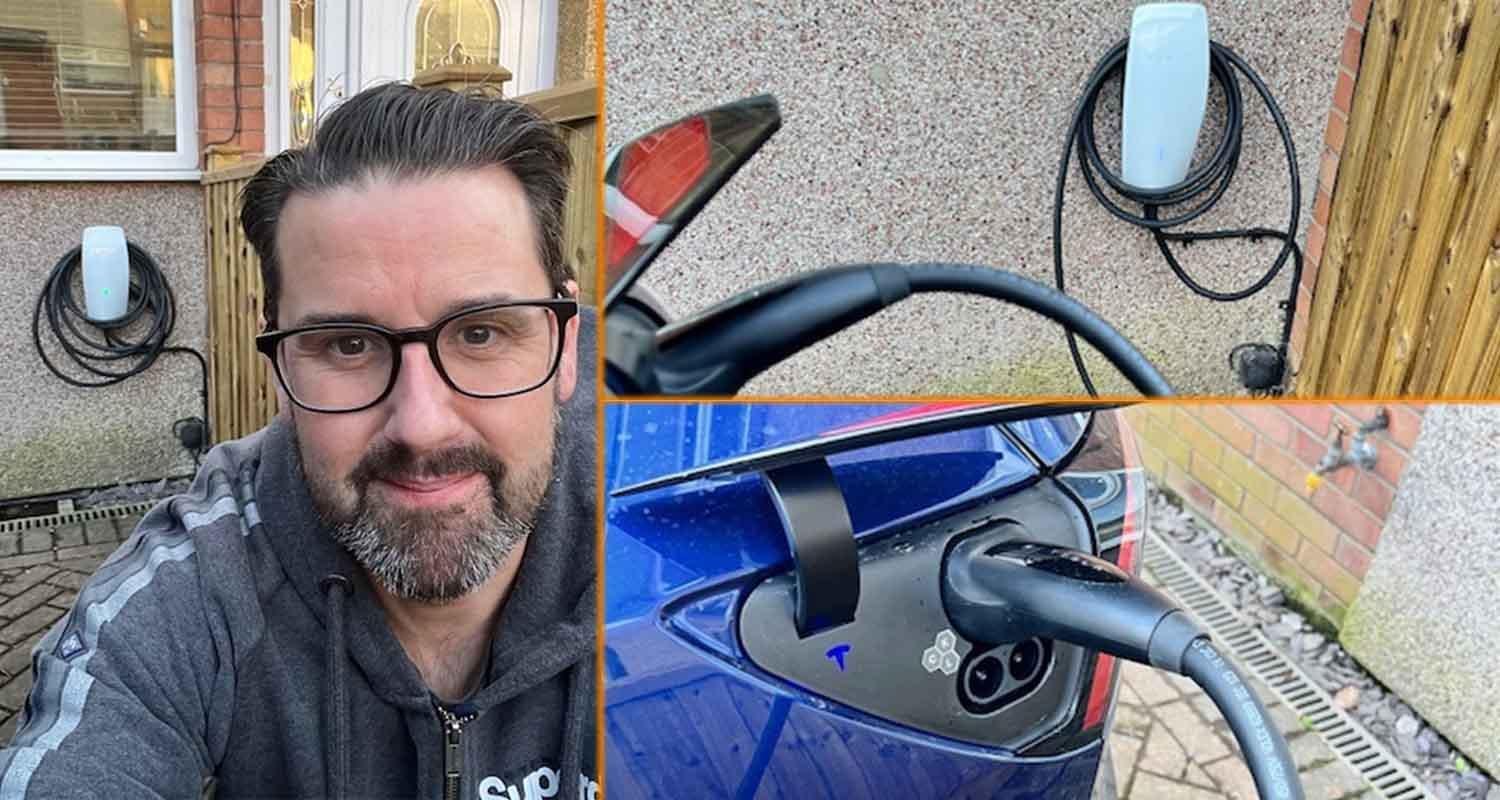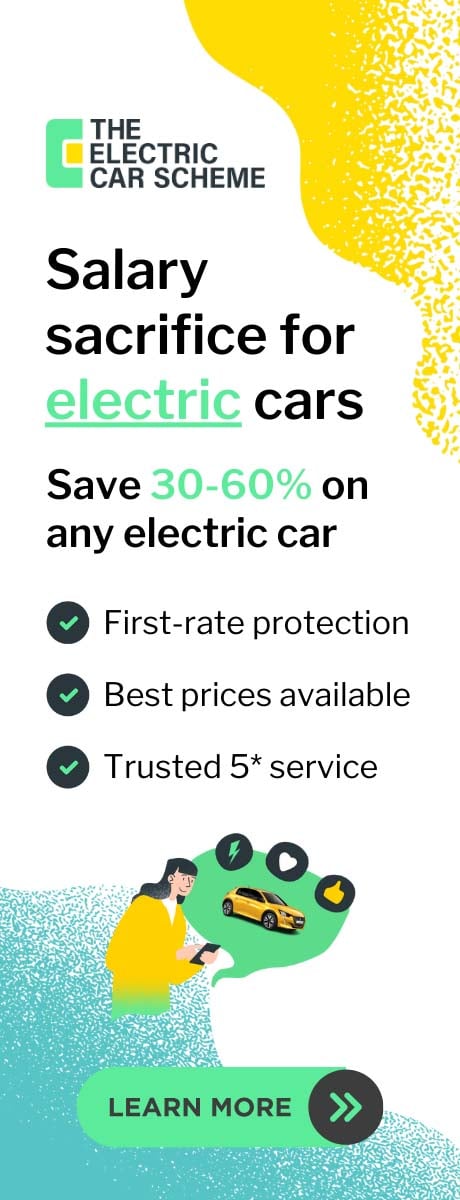Plugged In - Joel Teague, Chief Executive of Co-Charger
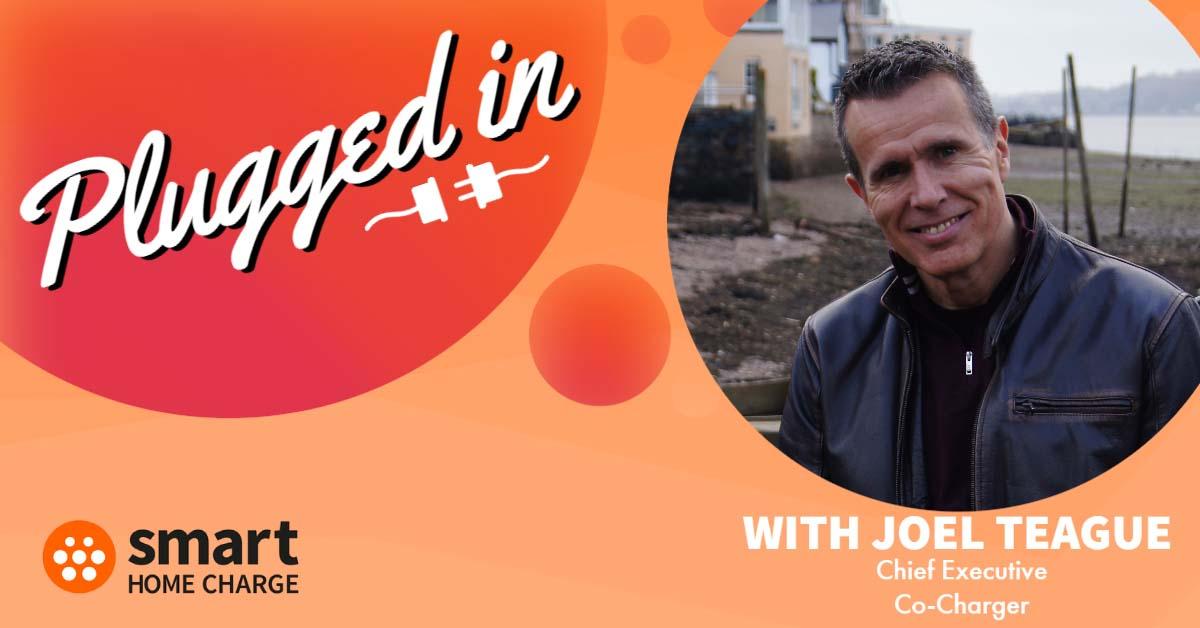
Charging at home is the easiest and cheapest way to fill up your electric vehicle (EV). But what happens when you want to switch to an EV, but don’t have off-street parking and still want to gain all the benefits a home charger can offer?
Co Charger proposes that communities can move away from diesel and petrol together with those with off-street parking helping to support those without.
This is all about creating a supportive community for regular weekly charging. It means that someone living in a flat a couple of minutes away could always rely on being able to charge once a week at a Co Charger host’s house.
The host gets paid for the energy used and the chargee can access a much lower price for a charge session at a convenient location that will save them money compared to using public charging networks.
Hosts can control how much they charge, but it’s possible to earn hundreds of pounds a year from renting out a home charger.
Joel Teague, Co Charger chief executive, found himself in this kind of situation about eight years ago, where he had an EV, but didn’t have a reliable way to charge it.
He has a background as a programme and project manager in the automotive, marketing and scientific sectors, including at the Met Office, which really got him thinking more seriously about sustainability.
He said: “A neighbour had bought a first generation Renault Zoe and I was convinced enough from seeing it that I wanted to lease one myself.”
However, his home charger wasn’t going to arrive in time and so he had the Zoe for six weeks without the ability to top up the battery at home.
The local infrastructure between Exmouth and Exeter was also “lacking” at the time.
Teague came to an arrangement with his neighbour to use their charger every Tuesday night and would then pop a five pound note through the door to cover the charge.
He said: “It sort of worked, but it got a bit complicated and that’s really how Co Charger came about.
“I was a normally employed person before this and the idea for the app just snowballed from there.”
Charge your EV from the comfort of your own home
Whether you're looking to just charge your own car or rent it out to other drivers, we have a range of chargers to suit all tastes.
A network of 4,500 hosts so far
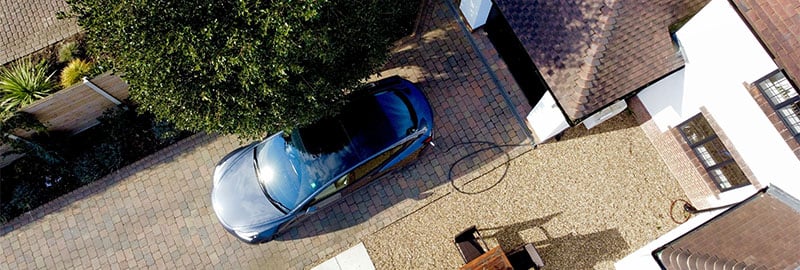
Co Charger has grown its network to 4,500 hosts across the UK over the last three years, but Teague said now EV sales are really starting to ramp up, the next phase of growth is to seriously expand to get to 14,000 hosts.
This level of density is really important for the Co Charger community to be effective.
The concept relies on a host being within half a mile of a chargee.
Those drivers that are currently in flats, rented accommodation or terraced houses need to know there is a reliable home charger they could use in their local area before they will be confident enough to make their next car an EV, rather than a petrol or diesel.
Of the people that have run a Co Charger session in the last year, 94% use it more than once.
Teague said: “Once chargees start using the service and realise that it works, they continue to use it. We have one chargee that is already up to nearly 400 sessions.”
An alternative to public networks
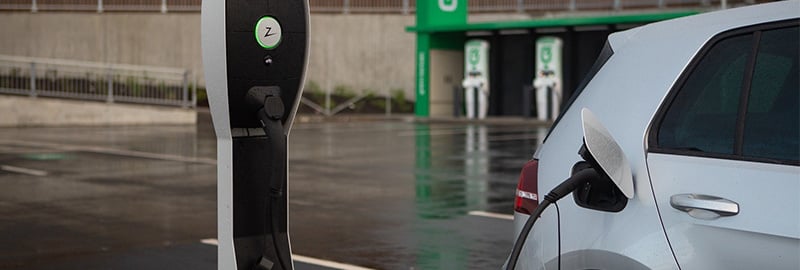
Teague is convinced that there needs to be another alternative to public charging for those without access to off-street parking and a home charger.
He said: “The whole concept of Co Charger is based on the fact that if there was no way for me to charge at home, there’s no way I personally would have made the switch to an EV.
“I don’t think I’m alone in thinking that. Drivers without access to an affordable home charger will continue to burn fossil fuels.
“Even with a 2030 ban, you’ll still get people in 2038 with an eight year-old diesel.
“It’s so inconvenient and expensive to charge on a public network on a regular basis.
“Can we provide a means to allow those benefits of convenience, dependability and affordability from having a home charger to every EV driver, regardless as to whether they live in a flat or can’t access a home charger for whatever reason?”
Collectivists
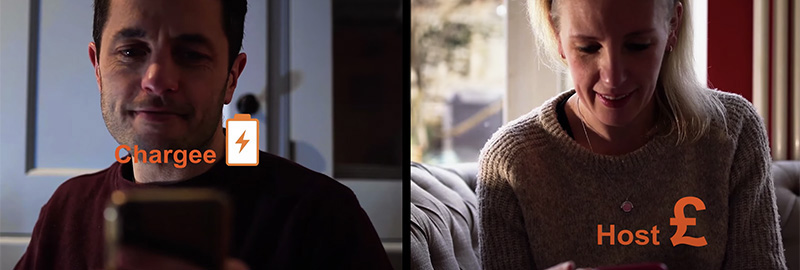
The greatest concentrations of hosts for Co Charger tend to be in urban areas where there is a mixture of housing with off-street parking within half a mile of flats.
Teague said: “It’s very cultural too. There’s no data to my knowledge about collectivism within communities in the UK.
“It works best where you have a close-knit community of people that are interested in helping other people and their neighbours.”
The UK is generally more of an individualistic society (those that prioritise the needs of an individual over the needs of a group as a whole), compared with more generally collectivist societies like Sweden or Japan.
Teague said: “It’s only anecdotal and I might be biassed, but I think there’s more of a collectivist society in the South West of England where I’m based.
“That community spirit can be hugely varied though, even within specific towns or neighbourhoods.”
The interesting thing is that Teague said there hasn’t really been any versions of what Co Charger is doing in other global markets from what he’s experienced.
He said: “Or there’s something similar but they’re not getting it right, in my opinion.”
A typical charge experience with Co Charger
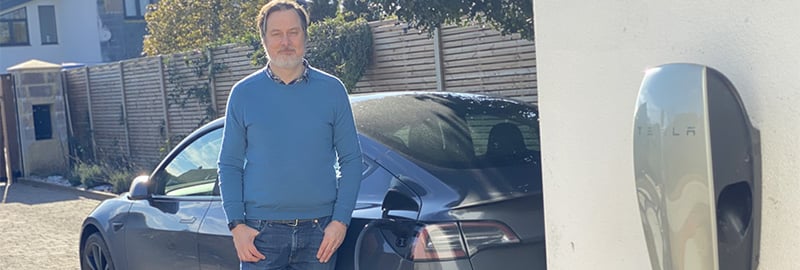
The majority of Co Charger chargees will top-up their vehicle overnight on a day when the host doesn’t need to charge their own EV.
It’s all managed within the Co Charger app, so hosts can accept or reject a chargee and chargees can book in for a specific or recurring day.
If a chargee books from 8pm on Tuesday and then picks up the car at 8am on Wednesday, they only pay for the time the car is charging.
Teague said: “If it only takes four hours to reach the charge level needed, you’ll only pay for that. It’s really important that you’re not being charged to park because that’s not what this is.”
Hosts can set a minimum price for a charging session and the price per hour that the chargee will pay while their charger is delivering electricity.
The app helps hosts compare rates with their electricity tariff to decide how much over and above their costs they wish to be paid for providing the service.
As an example a host might pay 12p per kWh for their home electricity and have a standard, 7.4kW charger.
There might be four neighbours who each use 40kWh of charge per week (about average) through the host’s charger.
Then if the host would charge £1.70 per hour, then the chargees will pay £9.19 per session, of which £3.47 is profit to the host, adding up to £721 per year.
Teague said most EV drivers don’t charge their car that often. In Teague’s case, he charges every week and a half.
He said: “If you’re investing in the home charger and you’re not using it every day, it might as well be helping your neighbours too.
“We have got some hosts that have two EVs and they do high mileage, but they still list.
“The host is always in control and chargees have to request a booking.”
Co Charger is seeing the number of overnight sessions increasing.
The starting state of charge when chargees plug in when they first try using Co Charger is usually quite high.
But Teague said that as chargees get use to the service, that state of charge is getting lower as chargees become more confident they will be able to top-up.
Compare EV energy tariffs
Save £100s on your home charging costs by switching to the right EV friendly energy tariff.
Co Charger is not a public charging network
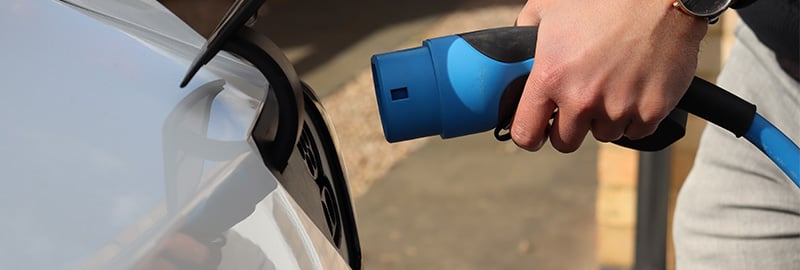
Teague said the number one problem Co Charger currently faces in terms of perception is a conflation of two completely separate use cases.
Co Charger’s use case for the domestic market is to help any petrol or diesel drivers that want to make the switch to an EV be able to access home charging when they can’t currently access a private domestic charge point.
Teague said: “We’re not an alternative to public charging networks for EV drivers. We get people trying to use it for that, but it’s not designed for that.
"We're all about a provision of a repeated method to run a car. It doesn't work well if you want to use a private charger as a one-off when you're away from home.
“It’s worth it for a host if they have a chargee that is going to use the charger regularly.”
Teague said the Co Charger community is all about helping to decarbonise neighbourhoods across the UK.
He added: “The problem here is the person in the pub that is going to replace their diesel with another internal combustion engine (ICE) vehicle.
“These are the drivers we are trying to help make the switch to EV.”


